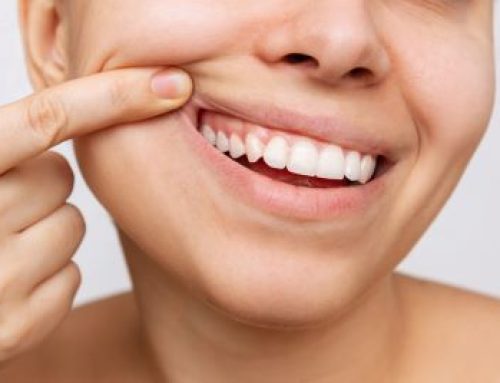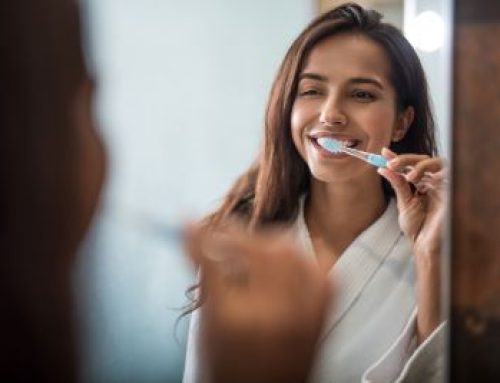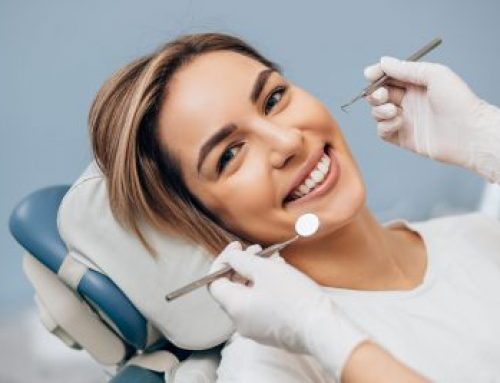As you age, the prospect of keeping your teeth and mouth, in general, can be an overwhelming task. This is because aging and health complications can enhance your susceptibility to dental issues. Today in this post, we tackle some common concerns in oral health among adults aged 60 and above!
The association between cavities and medications:
Research has consistently proven that as you advance with age, your chances of suffering dental cavities also increase. In this regard, a common cause of dental cavities among the elderly is dry mouth. And while the dry mouth isn’t necessarily triggered by aging, it is a side effect of at least 500 drugs, including those used to alleviate pain, asthma, allergies, depression, anxiety, and those used to treat Alzheimer’s as well as Parkinson’s diseases.
And this is why it’s highly recommended that you inform your dentist about any current medications you may be taking. This will allow the dentist to provide you with effective tips on how to alleviate your dry mouth symptoms and curb dental cavities. Below are potential solutions that your dentist might recommend:
- Stay away from foods as well as beverages that aggravate dry mouth symptoms, such as acidic fruit juices, carbonated soft drinks, alcoholic drinks as well as coffee.
- Use OTC mouth moisturizers such as mouthwash or spray.
- Make sure you are highly hydrated by drinking lots of water. Your mouth requires an adequate amount of water.
- Take advantage of sugar-less lozenges or gum to boost saliva production.
- Consult your healthcare provider about whether you should change your dosage or medication.
- Use a humidifier to retain moisture in the air.
- Depending on the severity of your cavities, your dentist either applies a varnish or fluoride gel to fend off cavities.
Mouth cancer:
According to the American Society of Cancer, at least 35,000 incidences of the throat, mouth as well as tongue cancer are diagnosed annually. And the median age of most victims is 62. On your routine oral examinations, your dentist will look for potential oral cancer symptoms, including open sores, visible changes in your lips, tongue, and mouth lining that last for more than 14 days, and reddish or white patches. Routine dental exams are vital because cancer doesn’t result in pain. Also, if detected early enough, survival chances are much greater!
Gum disease:
It has been proven that many elderly people suffer from periodontal disease, also known as gum disease. This condition is caused by the bacteria in plaque that constantly irritates your gums, making them swell, turn reddish, and prone to bleeding. The primary reason why periodontal disease is highly prevalent in older individuals is that it always remains painless until it reaches an advanced stage. And if not treated, your gums will inevitably start to pull away from your teeth, forming perforated spaces known as pockets where food particles, as well as plaque, may gather. Advanced periodontal disease can cause massive destruction of your gums, ligaments as well as bones that support the teeth, ultimately resulting in loss of teeth!
Should I take an antibiotic prior to undergoing a dental procedure?
Sometimes, both dentists and physicians may suggest that patients take antibiotics before undergoing certain dental treatments. This is referred to as antibiotic prophylaxis. So, why do medics recommend this type of treatment?
It is worth noting that everyone has bacteria in their mouths, and this implies that numerous oral treatments as well as daily oral routines such as flossing, and brushing can potentially facilitate the entry of bacteria into your system. Fortunately, this doesn’t always happen to most people because a healthy immune system ensures these bacteria don’t cause any harm to your overall health.
However, there are concerns that the bacteria can potentially cause infections in other parts of the body. Generally, this treatment is essential for those suffering from certain cardiovascular problems. The Heart Association of America offers guidelines regarding those who should take antibiotics before undergoing an oral procedure. However, it’s worth noting that the Association of Orthopedic Surgeons no longer recommends the use of antibiotics for people with artificial joints!
Taking care of an elderly or a disabled loved one:
If you have a partner, parent, or even a friend who is currently experiencing difficulty having a healthy mouth, you can help them with two things, including:
- Ensuring they schedule routine dental appointments.
- Ensure they regularly brush and floss their teeth.
It is imperative to note that these measures can help curb numerous oral issues. Of course, for older people, simple tasks such as routinely brushing and flossing their teeth can prove daunting. It is very important that you consult either a hygienist or dentist to help you maintain your dental health if you are unable to brush and floss because of your age or any other issue.
If you are looking for a dentist, HPS Advanced Dental Care would love to see you. Dr. Heather is gladly accepting new patients.
We are located at 4741 24 Mile Rd. Shelby Township, MI 48316, and we can be reached at (248) 652-0024. We look forward to meeting you!






